Scholarships make a difference in students’ lives — encouraging them to seek new opportunities, discover their passion, and succeed in their future careers.












Scholarships make a difference in students’ lives — encouraging them to seek new opportunities, discover their passion, and succeed in their future careers.
























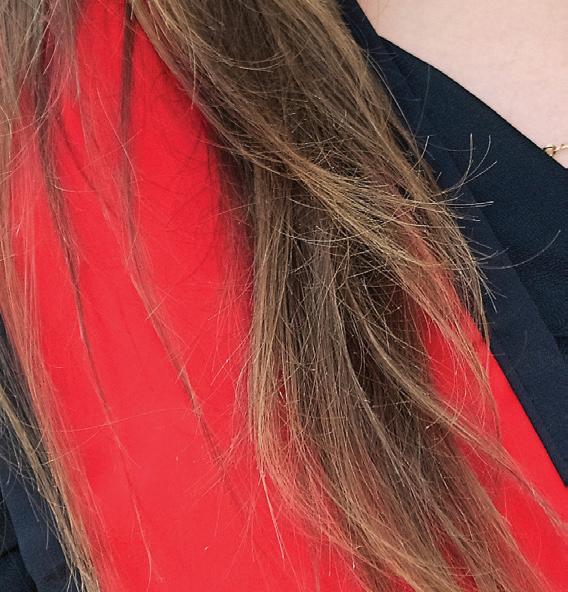

chhs.sdsu.edu

Academic Year 2022-23
Tuition & Fees
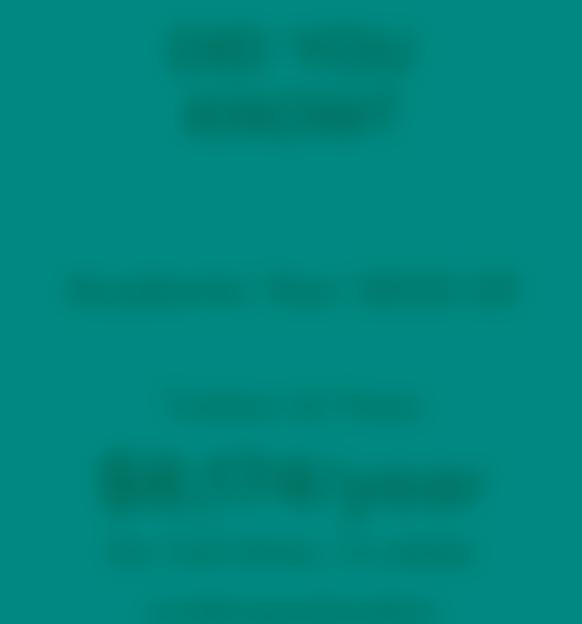

$8,174/year for full-time, in-state undergraduates
Approximate On-Campus Living Expenses $19,714






(depending on room type and meal plan)
Number of Scholarship Awards made possible through donor generosity
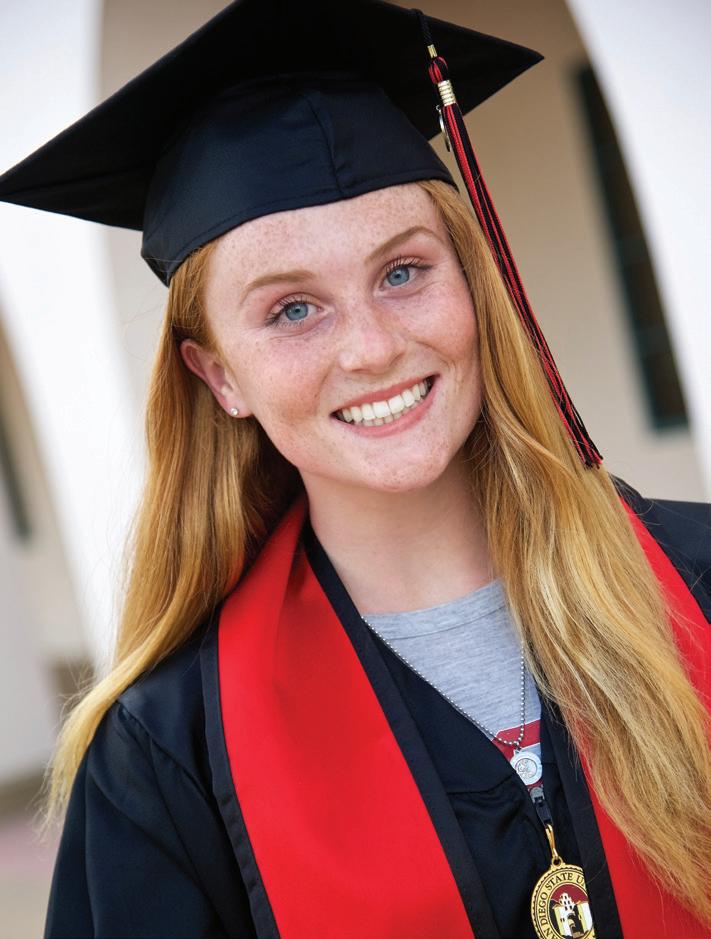










2,200+

Approximate Average Scholarship Award $2,736








are encouraging and assisting students in pursuing academic excellence and leadership roles.”













— Diego Perez, Science Major

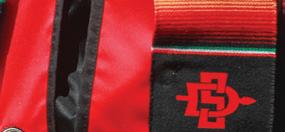
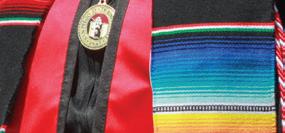
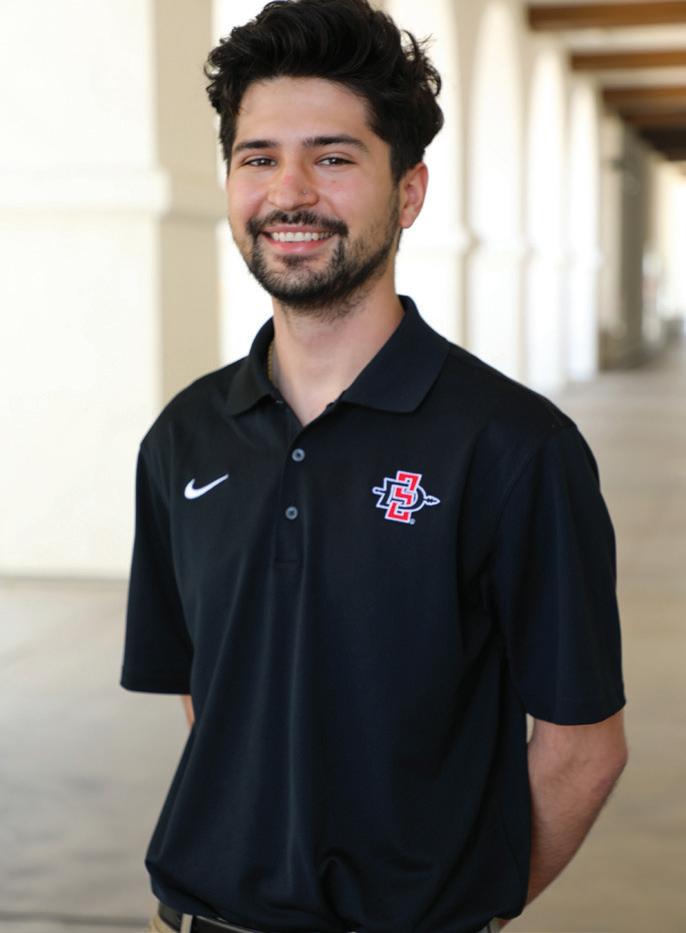
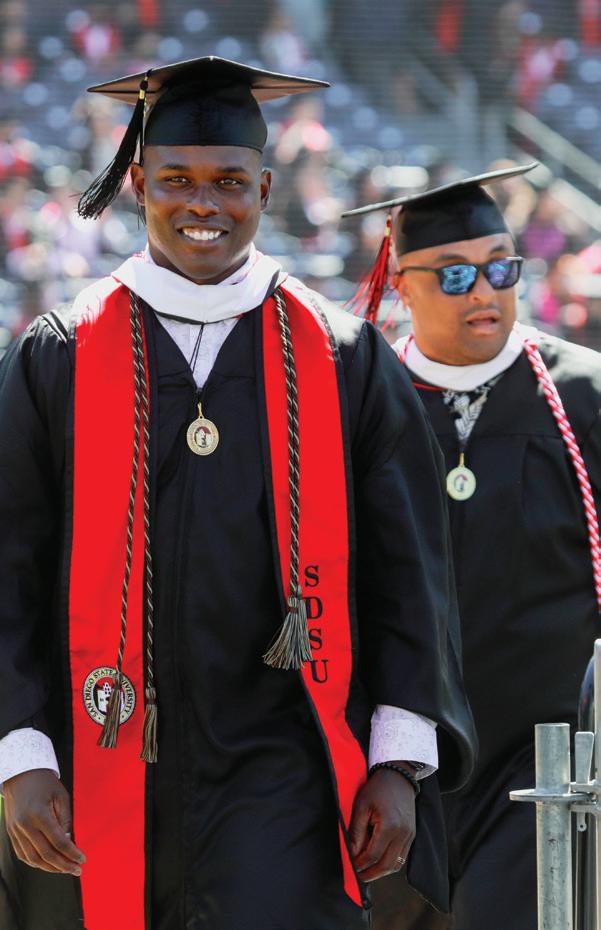

Scholarships may be supported or established by an outright gift, a five-year pledge, a transfer of stock, or a planned gift through an estate.

<$25,000 >$25,000
Your gift of less than $25,000 can support an existing scholarship in a selected college or area.
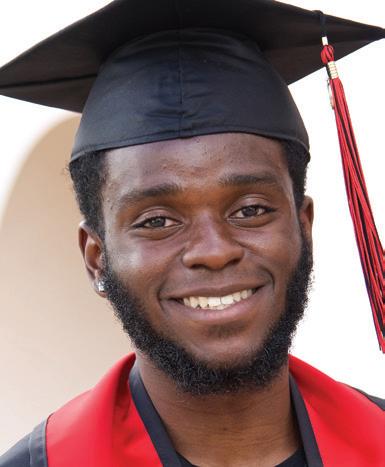
Your gift of $25,000* or more can create a named scholarship (endowed or non-endowed) within established guidelines.


“ When donors create scholarships, theyDiego Perez
1. SELECT SCHOLARSHIP TYPE
– Endowed: The principal of a fully-funded endowment is held in perpetuity and invested to produce scholarship awards each year. Distributions are dependent on market performance.
– Annual, Non-Endowed: All funds received by Dec. 31 are awarded the following academic year.
2. SELECT SCHOLARSHIP CRITERIA
– Unrestricted criteria – University Scholarship Committee awards students based on identified campus priorities.
– Select criteria – Assigned committee awards students based on objective criteria you select below.
TO CONSIDER: Criteria helps identify the type of student you want to support, but must comply with Aztec Scholarship Administrative Guidelines and State of CA and federal laws. Too many layers of criteria may result in few, if any, qualified applicants. In this case, you may be asked to modify your selections.
A. SPECIFIC AREA
You may select a specific campus, college, department, major, minor, or program. Please note that selecting multiple areas may not be administrable.
C. GPA (Select One)
❏ No preference
❏ 3.0 or higher
❏ 3.5 or higher
❏ 4.0
E. OTHER Student Demographics (Select One)
❏ Bilingual
❏ First generation college
❏ Guardian Scholars
❏ Community College transfer students
❏ Veteran, active duty, reservist, National Guard
❏ Work 20+ hours per week
B. CLASS LEVEL (Select One)
❏ All (includes post-baccalaureate)
❏ Undergraduate Students Only
❏ Graduate Students Only
❏ Teaching Credential Students Only
❏ Upper Division Undergraduates
❏ First-time Freshmen
D. FINANCIAL NEED (Select One)
❏ Must have financial need (as determined by the Financial Aid Office)
❏ No financial need required
Student Experience & Involvement (Select One)
❏ Compact Scholars
❏ Cultural Centers
❏ Educational Opportunity Program (EOP)
❏ Volunteer/Community Service
❏ Weber Honors College
Part 1: In 200 words or less, please tell us about yourself and what motivated you to choose your major or program of study. Briefly describe your future career goals in your response.
Part 2: In 200 words or less, please highlight any qualities or experiences that make you stand out as an applicant.
Part 3: In 200 words or less, please explain the importance a scholarship would have on your academic journey.
When creating a scholarship of $50,000 or more, you may request up to two additional pieces of supplemental information from the options below. Requiring this extra step may limit the number of applicants.
TO CONSIDER: We are unable to verify supplemental information submitted by students. Also, supplemental information submitted cannot be shared with the donor due to student privacy laws.
❏ Student to upload resume or curriculum vitae
❏ Student to provide a link to a portfolio
❏ Student to upload creative/professional work sample
❏ Student to submit study abroad documentation for planning/pre-travel
❏ In addition to the standard essay, require a short-answer, objective question to help identify a specific applicant pool. We are unable to administer questions regarding student intentions.

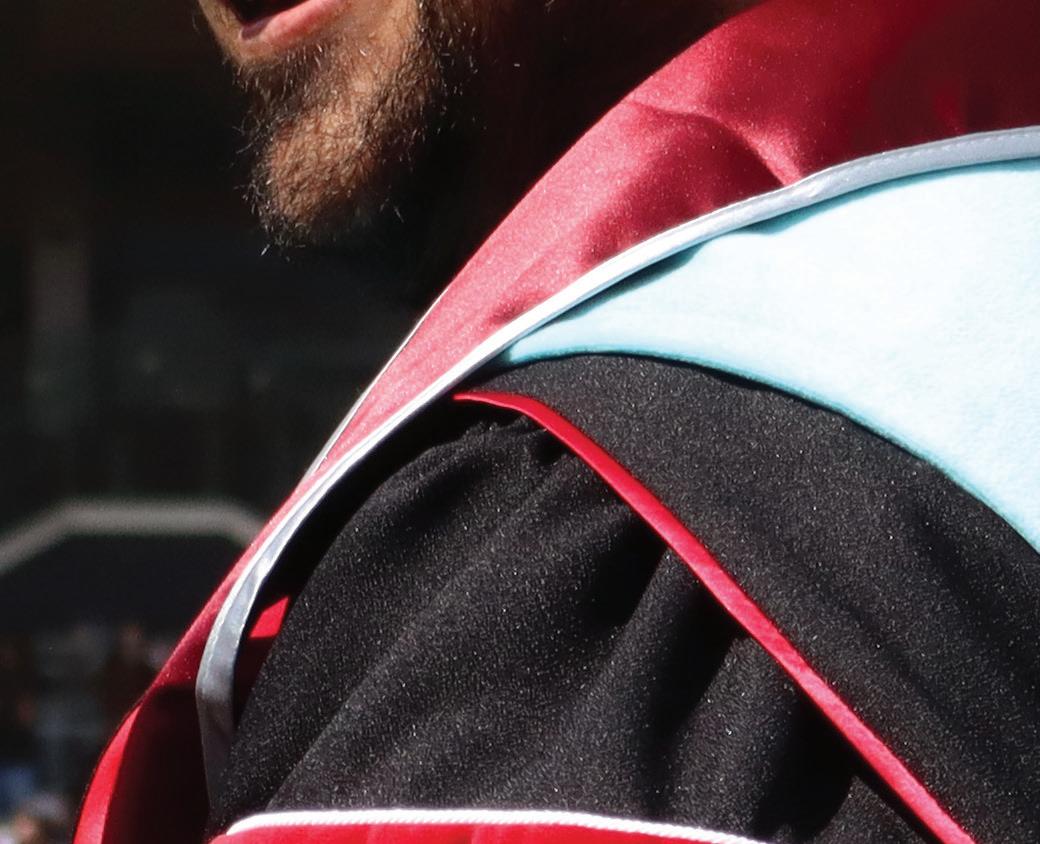
SDSU maintains a strict policy of nondiscrimination on the basis of race, color, national origin, ancestry, religious creed, sex, gender identification, gender expression, sexual orientation, marital status, disability, medical condition, genetic information, age, veteran status, or any other protected characteristic in the administration and awarding of scholarships.





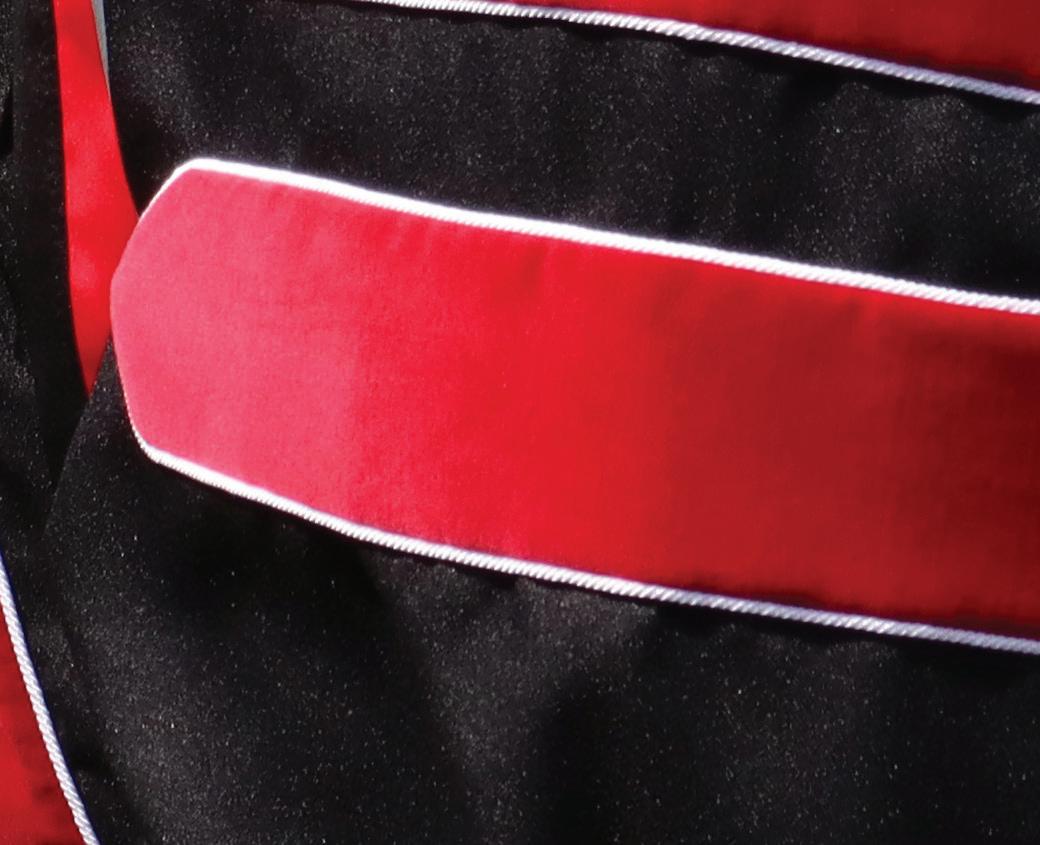
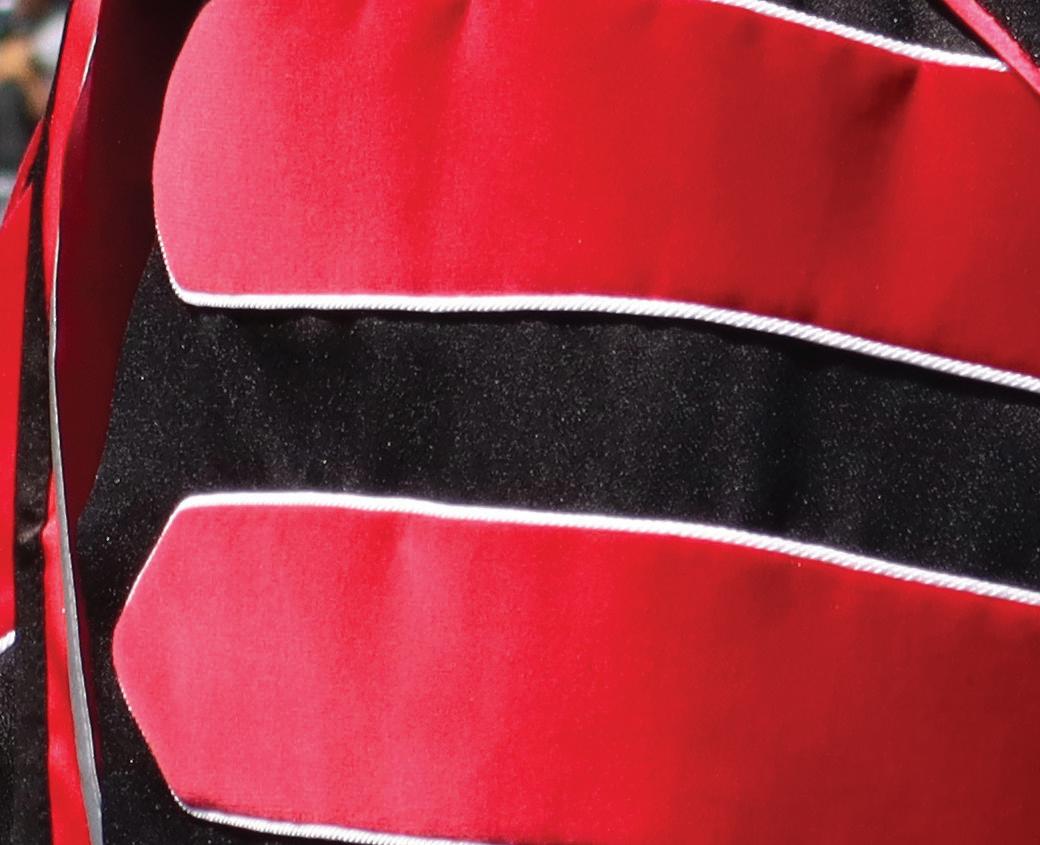

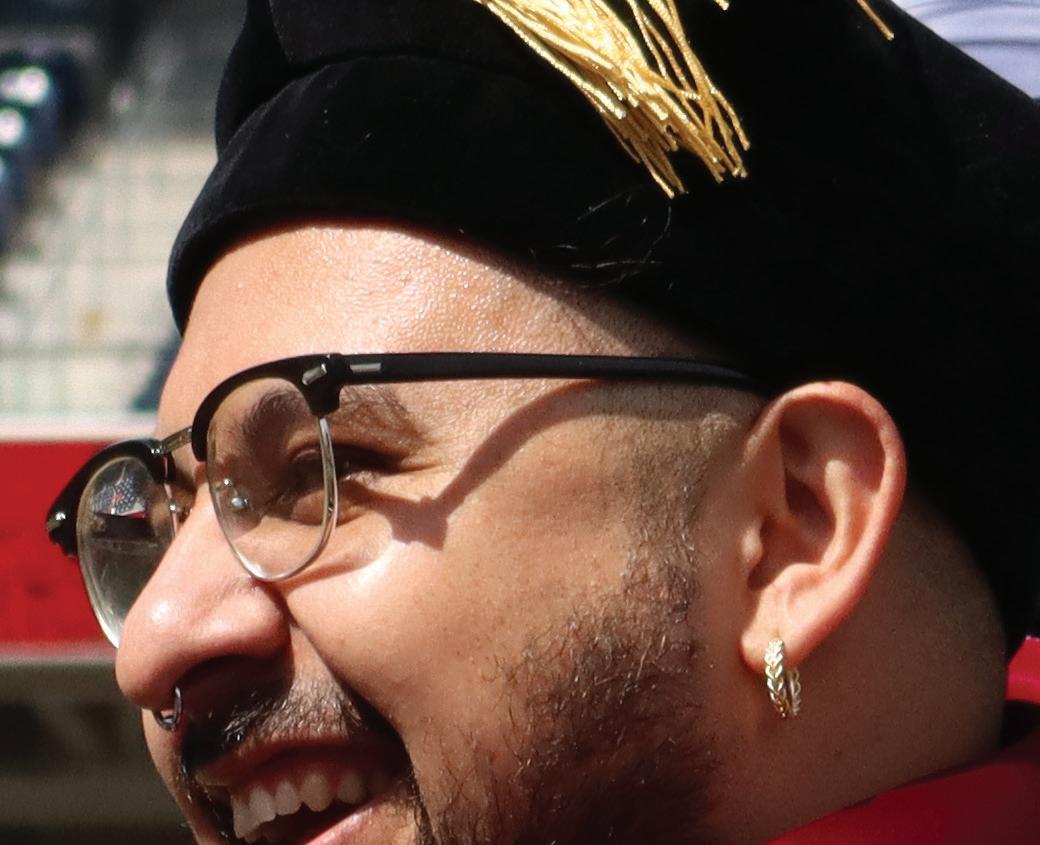

California State University Scholarship Administration Guidelines mandate scholarship committees are appointed by the university or auxiliary organization, not a donor, and no combination of donors or donor advisors directly or indirectly control the committee. In addition, IRS regulations prohibit donors from selecting recipients of scholarships to which they have contributed.
All scholarship gifts (and endowment distributions) received during a calendar year will be used for awards in the following academic year.


Gift Fee - 5% of each charitable gift received is used to provide support to administer gifts.


Please make gifts payable to The Campanile Foundation (Tax ID 33-0868418).


Thank you for your interest in creating a scholarship at SDSU.

For more information please contact: Mary Darling, Associate Vice President, University Development
